3-Me-PCP Powder: High-Purity Compound for Advanced Scientific Research
Introduction to 3-Me-PCP
3-Me-PCP, or 3-Methoxyphencyclidine, is a research chemical belonging to the arylcyclohexylamine class. Known for its dissociative properties, 3-Me-PCP is primarily utilized in scientific research to explore its pharmacological and neurochemical characteristics under controlled laboratory conditions.
Product Description
High-Quality Research Powder
- Form: Powder
- Purity: High-grade, laboratory-standard
- Molecular Formula: C18H27NO
- Molecular Weight: 273.42 g/mol
- Packaging: Available in various quantities to suit different research needs
Key Features
Exceptional Purity and Quality
Our 3-Me-PCP powder is synthesized under stringent laboratory conditions to ensure a product of exceptional purity and quality. Each batch undergoes rigorous third-party testing to verify the content and ensure the absence of contaminants.
Precision and Versatility
The powdered form of 3-Me-PCP allows for precise measurement and versatile application in various research protocols. Researchers can accurately dose the compound according to their experimental needs.
Applications in Research
Pharmacological Studies
3-Me-PCP is a valuable compound for pharmacological research. Researchers can investigate:
- Receptor Binding Affinity: Studying the compound’s affinity for NMDA receptors and other potential targets to understand its potency and efficacy.
- Mechanism of Action: Exploring how 3-Me-PCP interacts with neurotransmitter systems and its downstream effects.
- Therapeutic Potential: Investigating its potential applications in understanding dissociative disorders and developing new therapeutic agents.
Neurochemical Studies
Due to its psychoactive properties, 3-Me-PCP is also utilized in neurochemical studies to understand its impact on brain chemistry, neurotransmitter release, and overall brain function.
Safety and Handling
Adherence to Laboratory Safety Protocols
- Storage: Store in a cool, dry place away from direct sunlight.
- Handling: Use appropriate personal protective equipment (PPE) and follow standard laboratory safety procedures.
- Usage Restrictions: Strictly for research purposes; not intended for human consumption.
Legal Considerations
Researchers should be aware of the legal status of 3-Me-PCP in their region, as research chemicals are subject to regulation and control due to their potent pharmacological effects.
Conclusion
3-Me-PCP Powder provides a reliable and high-quality option for researchers engaged in advanced pharmacological and neurochemical studies. With exceptional purity and versatile application capabilities, this compound is an essential addition to any research laboratory.
Order Now
Enhance your research capabilities with our premium 3-Me-PCP Powder. Place your order today and advance your scientific investigations.
Be the first to review “3-Me-PCP Powder” Cancel reply
Related products
3-MeO-PCP
3-MeO-PCP
3-MeO-PCP
2F-Ketamine (2-FDCK)
2F-Ketamine (2-FDCK)
3-Me-PCPy

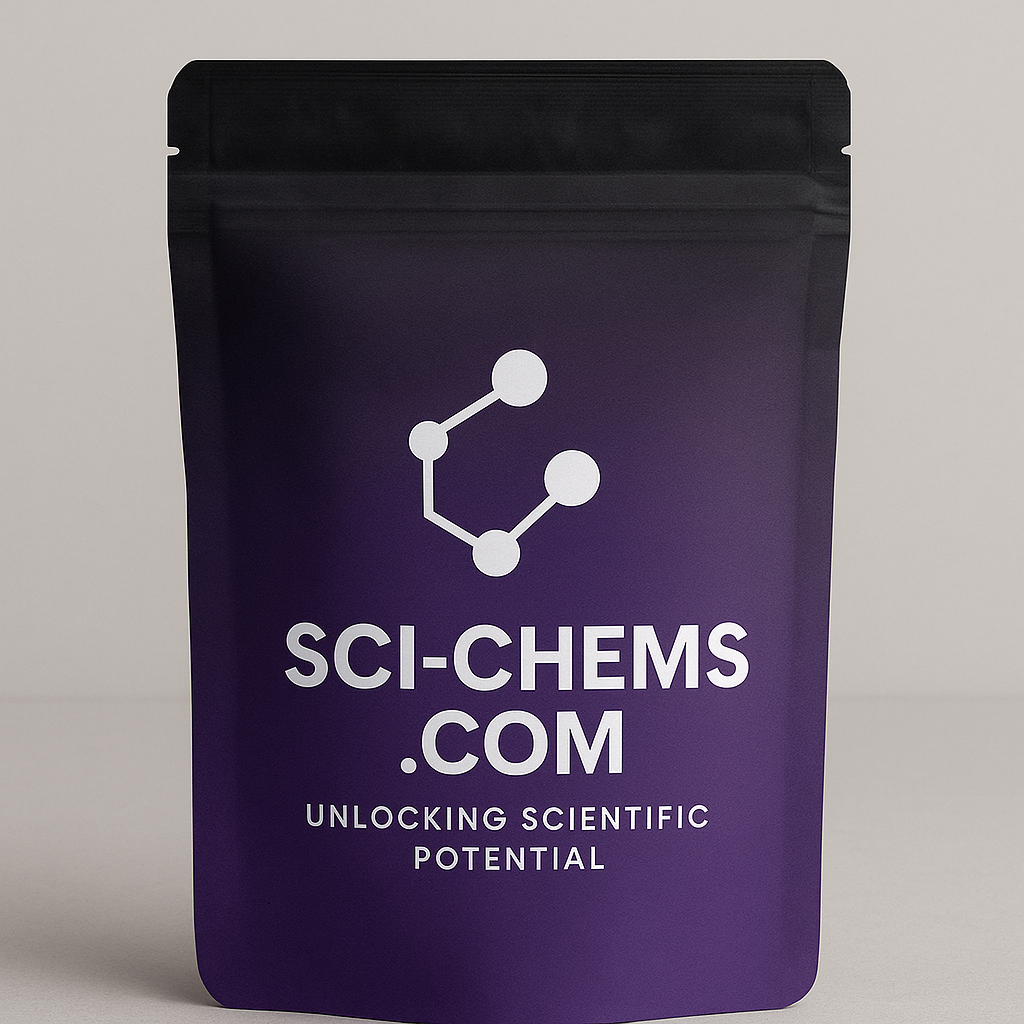
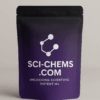
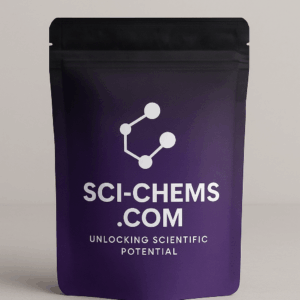
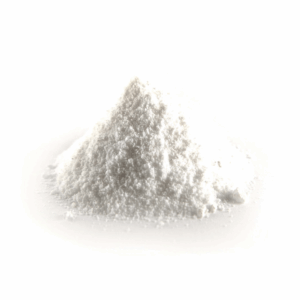
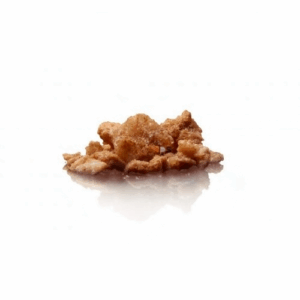
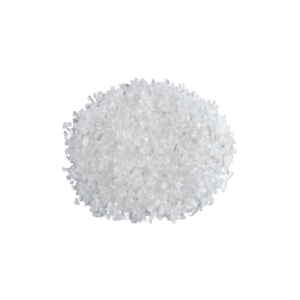
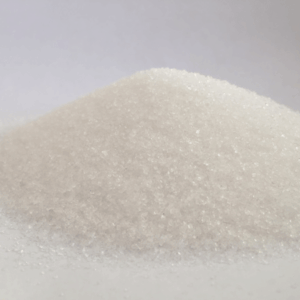
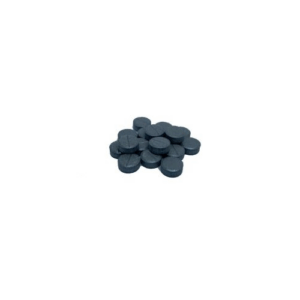
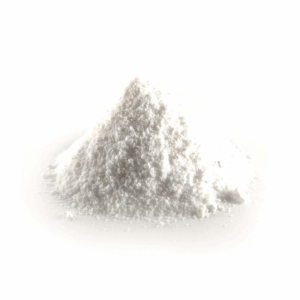
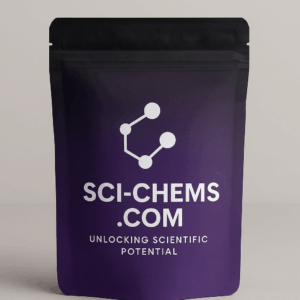
Reviews
There are no reviews yet.